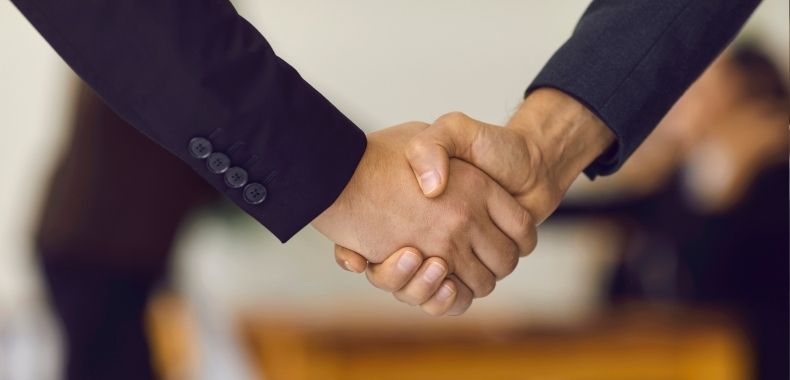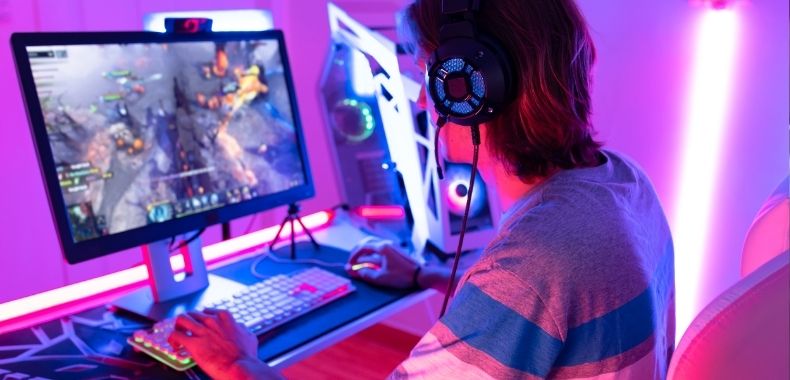Since 2017, Brazil and Denmark have engaged in active cooperation in the field of Intellectual Property (IP), with the objective of enhancing the registration, examination, and protection of IP rights in Brazil, as well as fostering innovation and the commercialization of IP assets in Brazil and Latin America.
On February 3, 2025, representatives from the Brazilian Patent and Trademark Office (“BPTO”) and the Danish Patent and Trademark Office (“DKPTO”) convened in Rio de Janeiro to review the initiatives undertaken throughout 2024 and to outline strategic activities for 2025. The key initiatives for this year include:
- Participation in IP Key project events: collaboration on initiatives aimed at strengthening IP systems across Latin America – https://ipkey.eu/en/latin-america;
- Actions on plain language: simplifying IP-related communications to enhance accessibility for users and empower them with greater knowledge on the subject;
- Exchange of experiences on patent examination guidelines: facilitating the sharing of expertise and the harmonization of examination procedures between Brazil and Denmark;
- Visits by INPI technical areas to the DKPTO: strengthening technical and operational exchanges between the two institutions;
- Workshop on strategic planning in Information Technology (IT): enhancing technological infrastructure related to IP management; and
- Training program on organizational change management: equipping professionals with the necessary skills to navigate internal and external transformations in the IP sector.

Additionally, recent BPTO initiatives were highlighted during the meeting, including the enhancement of stakeholder engagement, direct interaction with users, organizational restructuring, and the establishment of a regional office in Manaus, Amazonas.
The cooperation between BPTO and DKPTO, currently in its third phase since November 2023, seeks not only to refine Brazil’s IP framework but also to promote the strategic utilization of IP as a key element of industrial policy across Latin America.
—



